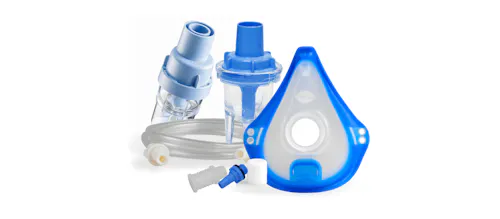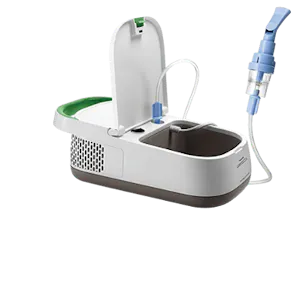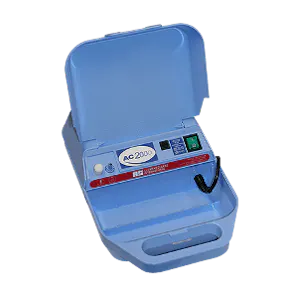Out in the cold
Cold weather can trigger a flare-up of symptoms associated with respiratory conditions. There are lots of things you can do to look after your lungs this winter.

What you can do
The latest report from The British Lung Foundation 'Out in The a Cold' highlights the steep rise in lung disease admissions to hospitals in recent years. The most common reason for admissions in adults are pneumonia, lower respiratory infections and COPD.
It tells us that although for many winter is a magical time of year, for people with lung disease it can be a source of worry and concern. Every winter, hospitals and GP surgeries see an influx of people with lung conditions. Cold weather can bring on a flare-up. There are 80% more lung disease admissions in the winter months of December, January and February than there are in the warmer spring months of March, April and May. Lung disease admissions have a greater impact on NHS services than most people think. The report warns that a failure to address a predictable and obvious seasonal variation in respiratory admissions is at the heart of our A&E winter crisis. It's potentially causing patients needless harm.
If you have a long-term condition like COPD, you’ll feel better if you self-manage your condition and take back some control of your life.
It's never too late
It makes sense if you suffer from a chronic chest condition to get organised. It’s a good idea to prepare for cold temperatures to make sure you stay well. The British Lung Foundation has lots of helpful advice so you can do just that right here Keeping well in the cold and Asthma UK offer similar help.
Simple tips such as wearing a scarf over you nose and mouth as this helps to warm up the air before you breathe it in. The Cystic Fibrosis Trust highlight how important it is to ask friends, family and colleagues to pick up their flu jabs and be extra careful to wash their hands regularly as it’s important to avoid infections especially as now is the season for winter coughs and colds.
Nebuliser care and spares
If you suffer from an acute or chronic respiratory condition you may require respiratory support in the form of nebulised solutions. A nebuliser can make it easier for you to receive medication such as antibiotics and bronchodilators, or saline to aid sputum production. Cleaning and changing your nebuliser accessories is vital for lung heath as any residual fluid left in a nebuliser system can rapidly become colonised with bacteria from a recent infection or from the environment.
Cleaning guidelines come with all nebuliser instructions and you should refer to them often until good practice becomes part of your every day routine. On this blog page we offer useful advice as which method of approach may be best for your machine. Accessories also need changing regularly, do you know when you last changed yours?
What if it's not working?
No one wants to end up in hospital, especially when all the headlines are about ambulance delays, long queues in A&E and the N.H.S. reaching crisis point but what if the worst happens and your nebuliser stops working?
The first step is try not to panic. Each nebuliser instruction manual will contain a troubleshooting section giving you things to do which are specific to your machine. Some manufacturers also put this information online. Troubleshooting generally involves taking a systematic approach, checking each component from the mains plug through to the filter and accessories ensuring that each part is present, complete, and in clean working order. It’s wise to familiarise yourself with this information when your feeling well rather than struggle when you’re short of breath and in a panic. We work through the first steps you should take on this blog post and our useful links have lots more information as well as people you can speak to.
When looked after properly a nebuliser can become a friend. Some of our customers even name them. It’s everyone’s responsibility to stay as healthy as possible. The Expert Patient programme helps people living with long-term health conditions such as COPD and their carers understand simple tools and strategies to think positively and break the ‘symptom cycle’. It encourages people to share experiences within a group and helps to improve problem solving, communication and to encourage you self-help in managing your condition. With all the information out there why not make a start today.
We supply models and accessories from the following reputable manufacturers.







